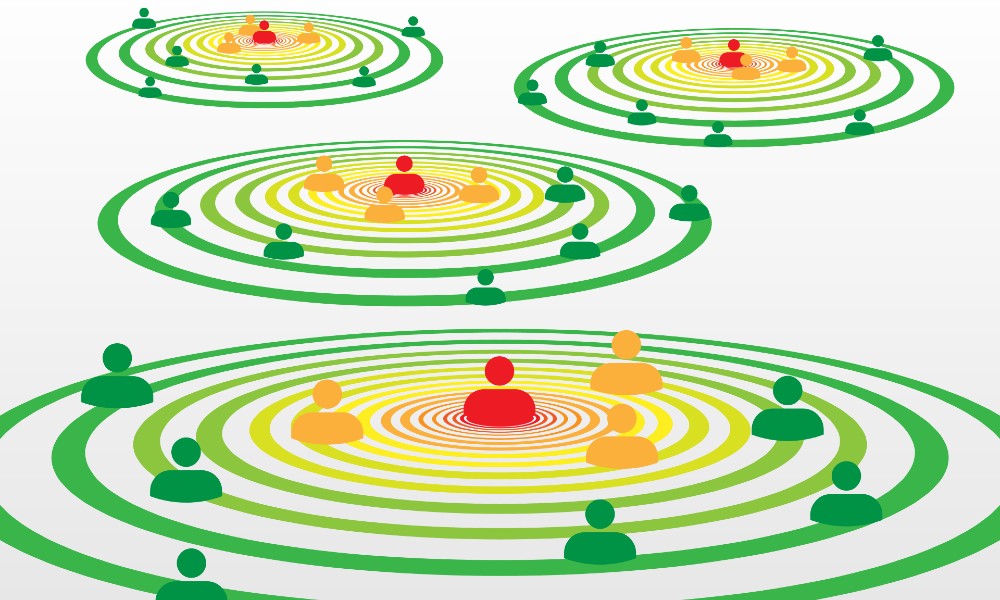

2020 has brought us many things, including awareness of a stressful job called “contract tracer.” In the realm of public health, contact tracing is the process of identification of persons who may have come into contact with an infected person and subsequent collection of further information about these contacts.
Contact tracers use clear protocols to notify, interview, and advise close contacts to patients with confirmed or probable COVID-19. Jurisdictions can use the following steps and considerations as a framework when developing a protocol for the tracing of close contacts. Most of these workers work in the context of a call center.
"These are very challenging conversations at any time, but the longer the pandemic continues, especially around the holidays, it's difficult to ask folks to quarantine," Lindsey Mauldin, who oversees Pennsylvania's contact tracing program, recently told NPR.
Some states have reported going from several hundred COVID-19 contact tracing cases each week to several thousand, raising the work levels and caseloads for contact tracers. According to an NPR (News - Alert) survey of 33 state public health agencies, there are now 70,538 contact tracers working in the U.S, which represents a more than six-fold increase since the beginning of the pandemic. (There may be more, as 20 states or territories did not respond to NPR’s survey.)
State public health entities have reported hiring more contact tracers, but noted they are still understaffed to keep up with demands on personnel. In many cases, they are unable to engage in full-fledged contact tracing, and have instead shifted to following the CDC’s high-priority contact tracing protocol. Still, with the vaccine on the horizon, Crystal Watson, a senior scholar at the Johns Hopkins Center for Health Security who oversaw the survey in collaboration with NPR, said there is a light at the end of the tunnel.
"Contact tracing is going to become more useful again once we get cases under better control," she said, noting that vaccines and contact tracing are both important public health tools and "we can get back to a sense of normalcy much more quickly if we have both components of the public health response going at the same time."